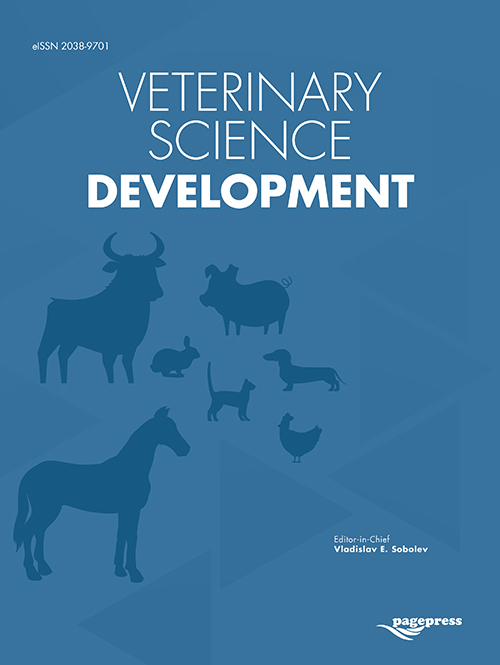Original Articles
Vol. 5 No. 2 (2015)
Impact of synbiotic diets including inulin, Bacillus coagulans and Lactobacillus plantarum on intestinal microbiota of rat exposed to cadmium and mercury

Publisher's note
All claims expressed in this article are solely those of the authors and do not necessarily represent those of their affiliated organizations, or those of the publisher, the editors and the reviewers. Any product that may be evaluated in this article or claim that may be made by its manufacturer is not guaranteed or endorsed by the publisher.
All claims expressed in this article are solely those of the authors and do not necessarily represent those of their affiliated organizations, or those of the publisher, the editors and the reviewers. Any product that may be evaluated in this article or claim that may be made by its manufacturer is not guaranteed or endorsed by the publisher.
Received: 7 June 2015
Accepted: 29 July 2015
Accepted: 29 July 2015
3753
Views
886
Downloads
454
HTML






